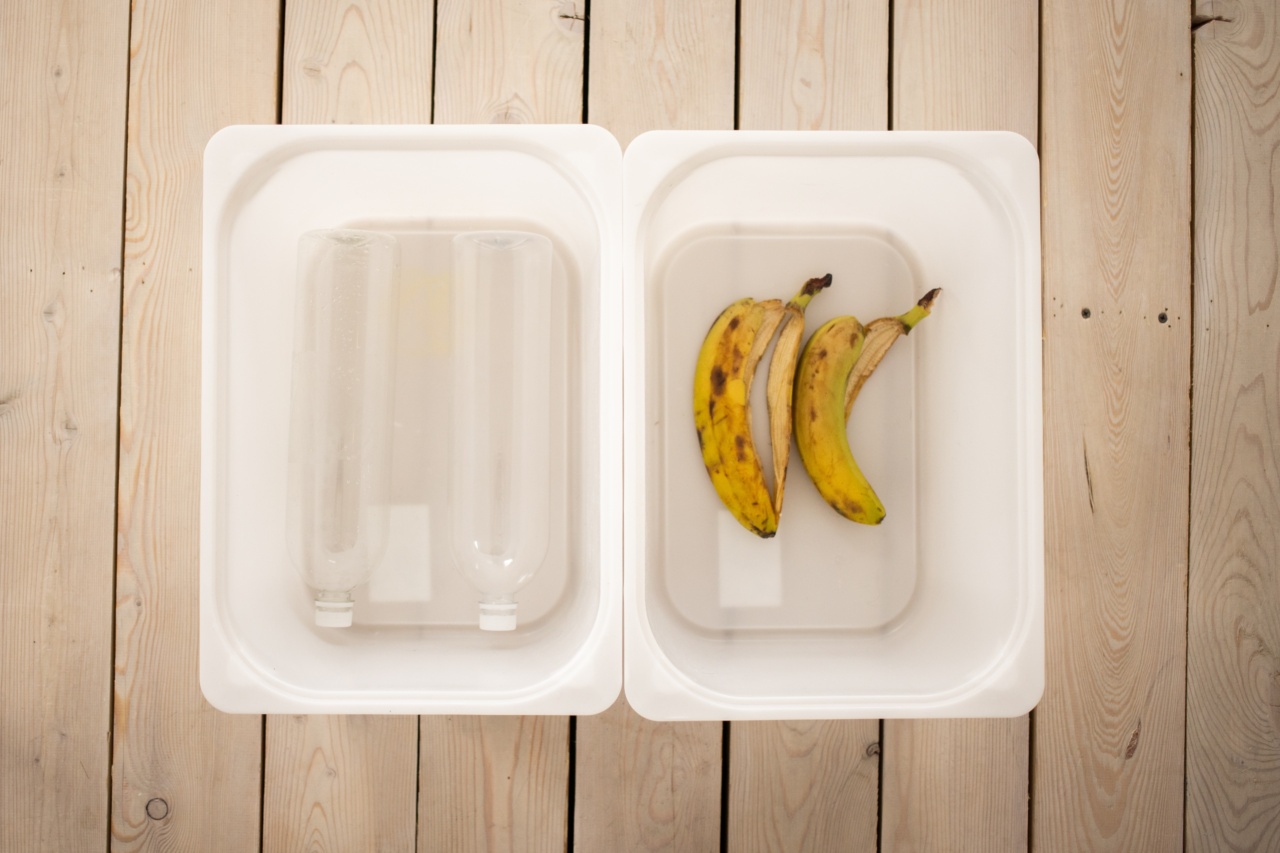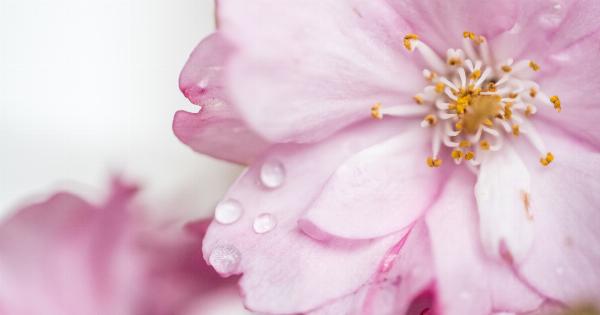Spring is a beautiful season that brings blooming flowers, warmer weather, and longer days. However, for many people, spring also marks the onset of allergies, specifically spring conjunctivitis.
Spring conjunctivitis, also known as allergic conjunctivitis or hay fever, is an inflammatory condition that affects the eyes.
Understanding Spring Conjunctivitis
Spring conjunctivitis is primarily caused by an allergic reaction to pollen from trees, grasses, and weeds. When these allergens come into contact with the eyes, the body’s immune response is triggered, leading to various uncomfortable symptoms.
The common symptoms of spring conjunctivitis include:.
- Redness and swelling of the eyes
- Itchy or watery eyes
- Grittiness or burning sensation
- Sensitivity to light
- Blurred vision
Preventing Spring Conjunctivitis
While it may not be possible to completely eliminate the risk of developing spring conjunctivitis, there are several measures that can help reduce the impact of allergies on your eyes.
Avoidance
Avoiding exposure to the allergens that trigger spring conjunctivitis can be an effective first step. Some strategies to minimize exposure include:.
- Stay indoors on windy days when pollen counts are high.
- Keep windows closed, especially in the early morning and evening when pollen levels are typically higher.
- Use air purifiers or filters to remove allergens from the indoor air.
- Wear sunglasses or goggles when outdoors to shield the eyes from pollen.
Cleanliness
Keeping your surroundings clean and maintaining good personal hygiene can also help in managing spring conjunctivitis. Take the following precautions:.
- Regularly clean your home to reduce allergens such as dust and pet dander.
- Wash your hands frequently, particularly after coming in contact with potential allergens.
- Avoid rubbing or touching your eyes, as this can worsen the symptoms.
Allergy Medications
Over-the-counter or prescription allergy medications can provide relief from the symptoms of spring conjunctivitis. Some common types of medications include:.
- Antihistamines: These reduce itching, redness, and swelling.
- Decongestants: These help alleviate nasal congestion and may indirectly relieve eye symptoms.
- Mast cell stabilizers: These prevent the release of histamine, which is responsible for many allergy symptoms.
- Steroid eye drops: These may be prescribed for severe cases to reduce inflammation.
Home Remedies for Spring Conjunctivitis
In addition to medical interventions, there are several home remedies that can provide relief from spring conjunctivitis:.
Warm Compress
Applying a warm compress to the eyes can help reduce redness and soothe the discomfort associated with spring conjunctivitis. Soak a clean cloth in warm water, wring out the excess, and place it over closed eyes for a few minutes.
Repeat this a few times a day for relief.
Cool Compress
In some cases, a cool compress can be more effective for reducing swelling and inflammation. Use a clean cloth soaked in cold water or chilled chamomile tea bags and apply them to closed eyes for a few minutes. Repeat as needed.
Saline Solution
Rinsing the eyes with a saline solution can help flush out allergens and reduce irritation. Mix 1 teaspoon of salt in a cup of distilled water and use this solution to rinse your eyes. Make sure the water is lukewarm before using it.
Cucumber Slices
Cucumber slices have a cooling effect and can provide temporary relief from itchiness and swelling. Place chilled cucumber slices on closed eyes for 10-15 minutes. Repeat as needed.
Hydration and Nutrition
Ensuring proper hydration and a healthy diet can support overall eye health and minimize the intensity of allergy symptoms. Drink plenty of water and consume a diet rich in vitamins A, C, and E, omega-3 fatty acids, and antioxidants.
When to Seek Medical Help
In most cases, spring conjunctivitis can be managed with home remedies and over-the-counter medications. However, it is important to consult a healthcare professional if:.
- The symptoms worsen or do not improve with self-care measures.
- There is severe pain or discomfort in the eyes.
- There is a significant decrease in vision.
- There is discharge from the eyes that is thick, yellow, or green in color.
Banishing Spring Conjunctivitis for Good
Spring conjunctivitis can be a nuisance, but with proper precautions and management, its impact can be reduced.
By incorporating simple strategies such as avoidance, cleanliness, and utilizing appropriate medications, you can enjoy the beauty of spring without the bothersome allergies. Remember to seek medical advice if needed, and don’t let spring conjunctivitis dampen your spirits!.


























